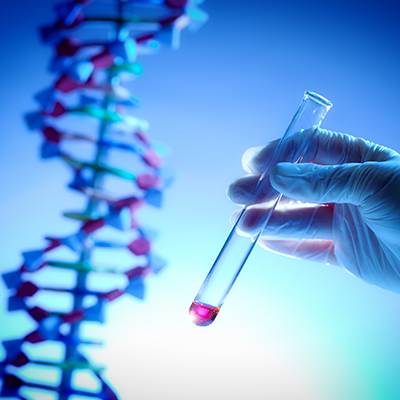When planning your IVF journey, ensuring the health of your future child is often a top priority. At Conceive IVF, we offer advanced genetic screening techniques like PGD (Preimplantation Genetic Diagnosis) and PGS (Preimplantation Genetic Screening) to improve your chances of a successful and healthy pregnancy.

PGD is a specialized technique used during IVF to test embryos for specific genetic disorders or inherited diseases. It’s ideal for couples who are carriers of genetic conditions, ensuring that only unaffected embryos are transferred to the uterus.
PGS focuses on screening embryos for chromosomal abnormalities. It ensures the correct number of chromosomes (euploidy) are present, reducing the risk of implantation failure, miscarriage, or chromosomal disorders like Down syndrome.

Both PGD and PGS add an extra layer of assurance in your IVF process by improving embryo selection. These procedures are essential for:
Preventing Genetic Disorders:
Reducing Miscarriage Risks:
Improving IVF Success Rates:
Supporting Family Planning:
At Conceive IVF, we combine cutting-edge technology with compassionate care. Here’s why we are the right choice:
State-of-the-Art Facilities:
Our laboratory is equipped with advanced genetic testing tools for accurate results.
Experienced Team:
Our genetic counselors and embryologists are experts in PGD and PGS, ensuring the highest level of care.
Personalized Treatment:
Every IVF journey is unique. We tailor the use of PGD and PGS to meet your specific needs.
Higher Success Rates:
With accurate embryo selection, we help improve your chances of a healthy pregnancy.
Creating Little Miracles, One Family at a Time – Let’s Build Yours Together.
© 2024 designed by Camsol Advertising